
Four Yukoners lost their lives to drugs in the first week of the new year and three other deaths are under investigation.
The Yukon’s Minister of Health and Social Services Tracey-Anne McPhee has declared a territory wide substance use health emergency as people continue to lose loved ones to illicit drug use.
“Far too many are dying in our communities and here in Whitehorse,” said McPhee at a press conference with politicians, First Nation Chiefs, and community leaders this morning.
She went on to say that the emergency declaration does not give the government more authority or power to deal with the crisis.
“It is a call to action to our government and a recognition to the public that we understand the concerns and the priority this must take, and it is a call to all Yukoners to help with the responses and the solutions going forward,” said McPhee.
In the first week of the new year, four Yukoners died from drugs and in the past five days, three more deaths have been reported and are awaiting toxicology results. Three of the four confirmed fatalities have been a result of fentanyl.
According to Acting Chief Medical Officer of Health Dr. Catherine Elliott, the territory has seen a 475 percent increase in deaths from 2019 to 2021. Last year there were a record number of 23 drug related fatalities and three more are still under investigation.
The government of Yukon said they will implement a public education campaign to teach people about the territory’s toxic drug supply which is contaminated with fentanyl and benzodiazepines, causing accidental overdoses. There are also plans to expand drug testing and safe supply to rural communities and to enhance the supervised consumption site in Whitehorse to support people using inhalants. A nurse from the site will be stationed at the shelter in the capital city to promote supervised consumption and take people to the facility. The government also said that they are increasing on-the-land treatment options, working with Blood Ties Four Directions to extend the hours of their outreach van, and developing a new Opioid Action Plan.
The Yukon’s Chief Coroner Heather Jones spoke at this morning’s press conference. She said that demographics of the dead range from people in their early 20s to those in their 70s. Jones went on to say that a statistical analysis shows that men in their early 40s are most vulnerable.
“Theses are not just numbers. We all know who’s dying. It’s our sons, our daughters, our grandchildren, friends, neighbours, collogues,” said Jones.
RCMP Commanding Officer Chief Superintendent Scott Sheppard was also in attendance this morning. He said that harm reduction is the best way to fight the ongoing opioid crisis and he is hopeful that will be a success, but police enforcement remains a valuable tool.
“I have to caution, if we are insufficient in our enforcement activities, we will create a vacuum and we will leave the illegal drug trade to regulate itself. In so doing, we will see an increase in violence. We will see an increase in deaths. We will probably see a return to shootings,” said Sheppard.
He added that he is not being an alarmist and that his thoughts are based on experience over the past few years.
The move comes just over a week after Carcross/Tagish First Nation declared their own state of emergency after losing three people. Over the weekend, vigils were held all across the territory to remember those lost to drugs and demand action.
According to a report from the territory’s corner released last November, the Yukon is leading the country in opioid deaths at a rate of 48.4 deaths per 10,000 people. That’s more than double the national rate of 19.4.
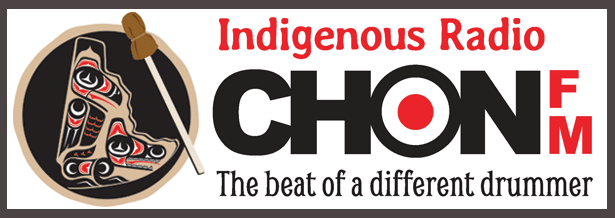
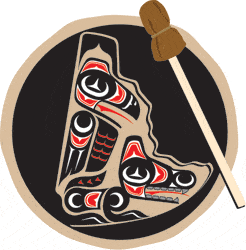

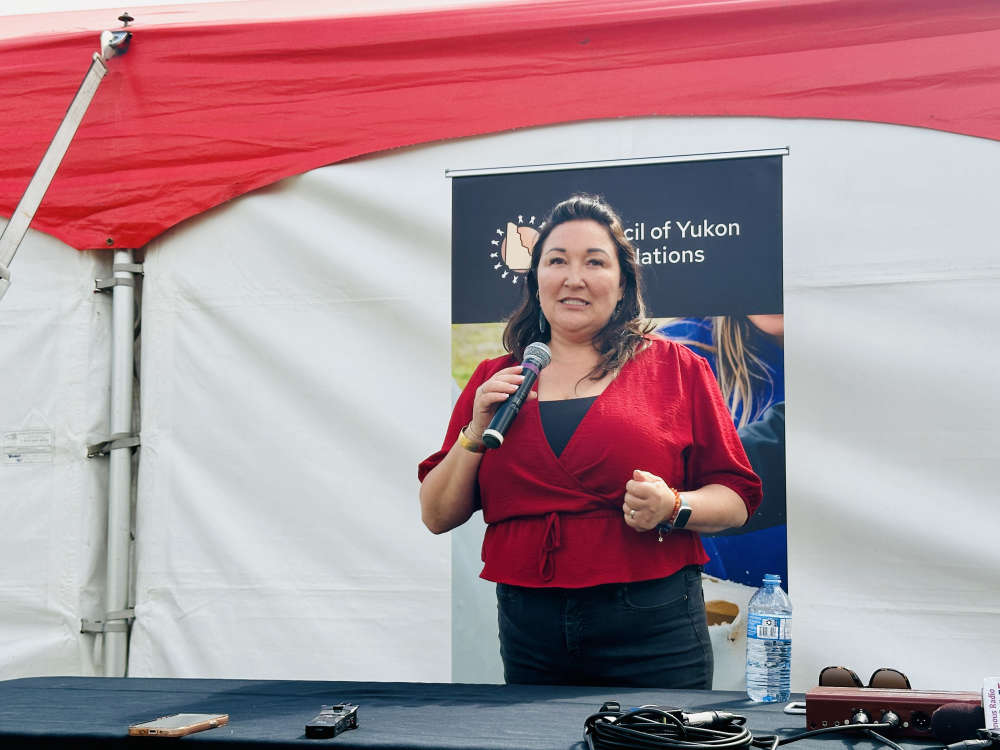 Math'ieya Alatini elected CYFN Grand Chief
Math'ieya Alatini elected CYFN Grand Chief
 Watson Lake man charged in firearm robbery
Watson Lake man charged in firearm robbery
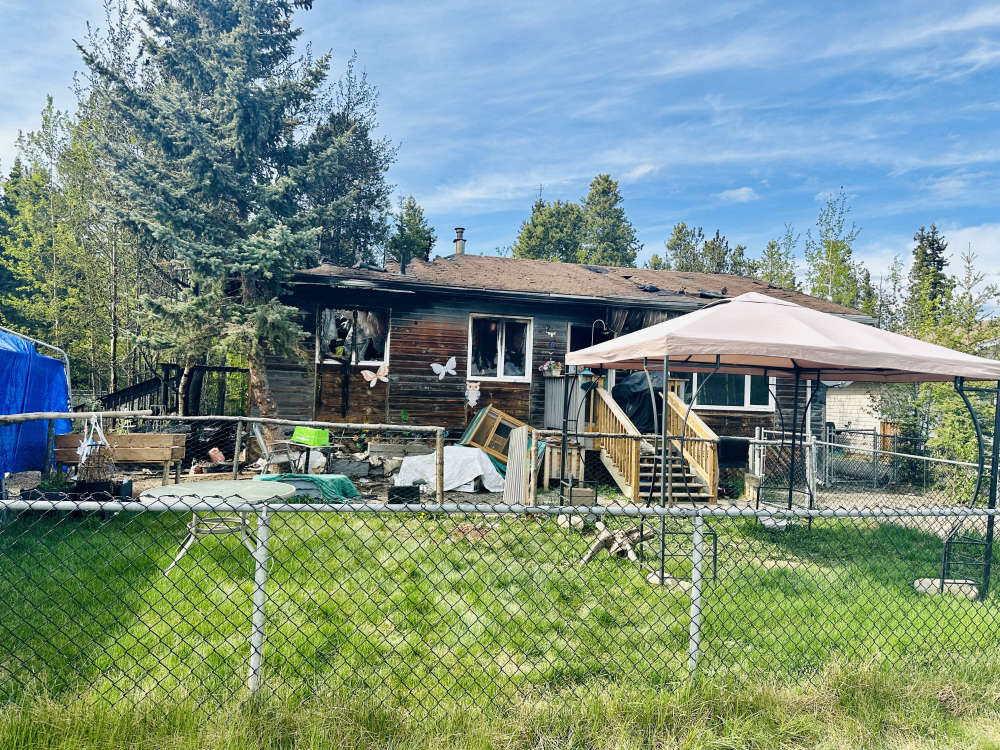 House fire in McIntyre contained
House fire in McIntyre contained
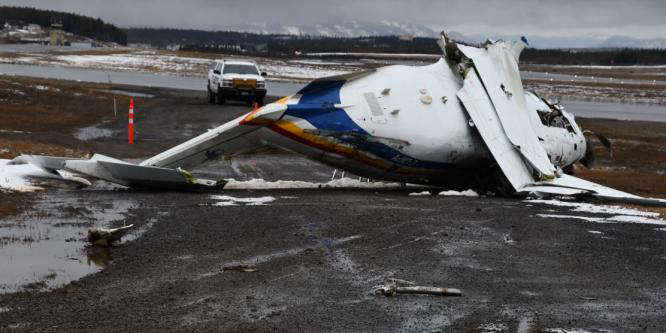 RCMP plane crash caused by faulty sensor: TSB report
RCMP plane crash caused by faulty sensor: TSB report
 New Fireweed Mental Health unit opens at Whitehorse General Hospital
New Fireweed Mental Health unit opens at Whitehorse General Hospital
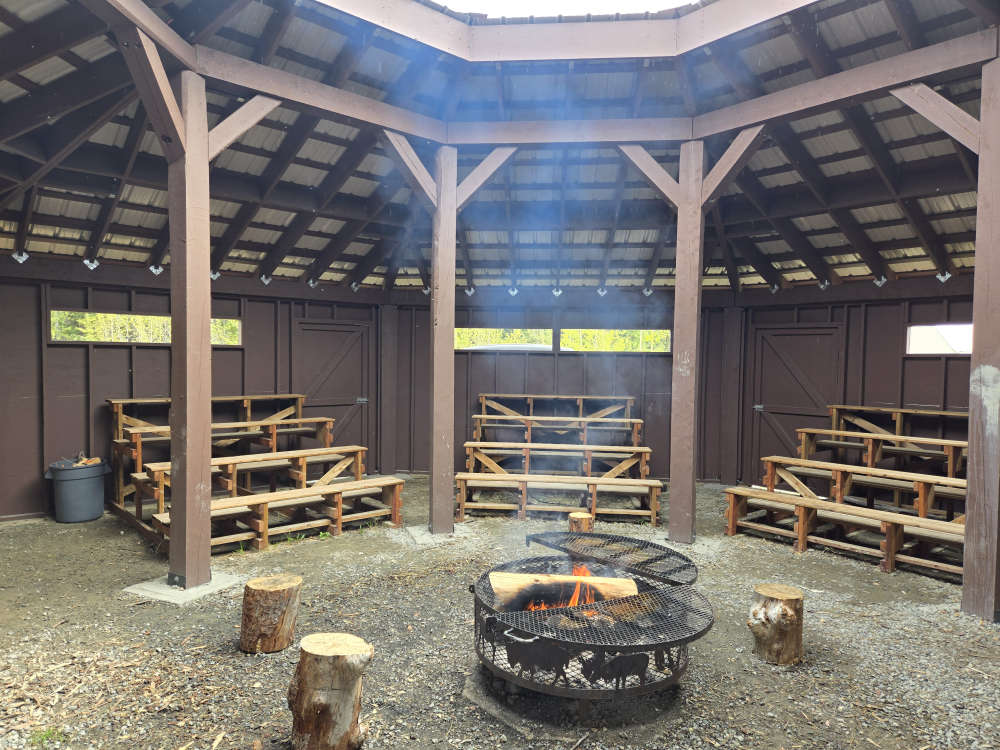 Traditional learning camp opens at Whitehorse school
Traditional learning camp opens at Whitehorse school
 Yukon Schools introduce online registration for bus service
Yukon Schools introduce online registration for bus service
 Yukon Government unveils progress in healthcare transformation with 2024 Putting People First annual report
Yukon Government unveils progress in healthcare transformation with 2024 Putting People First annual report
 Whitehorse Emergency Shelter unveils New Artwork celebrating Yukon First Nations culture
Whitehorse Emergency Shelter unveils New Artwork celebrating Yukon First Nations culture
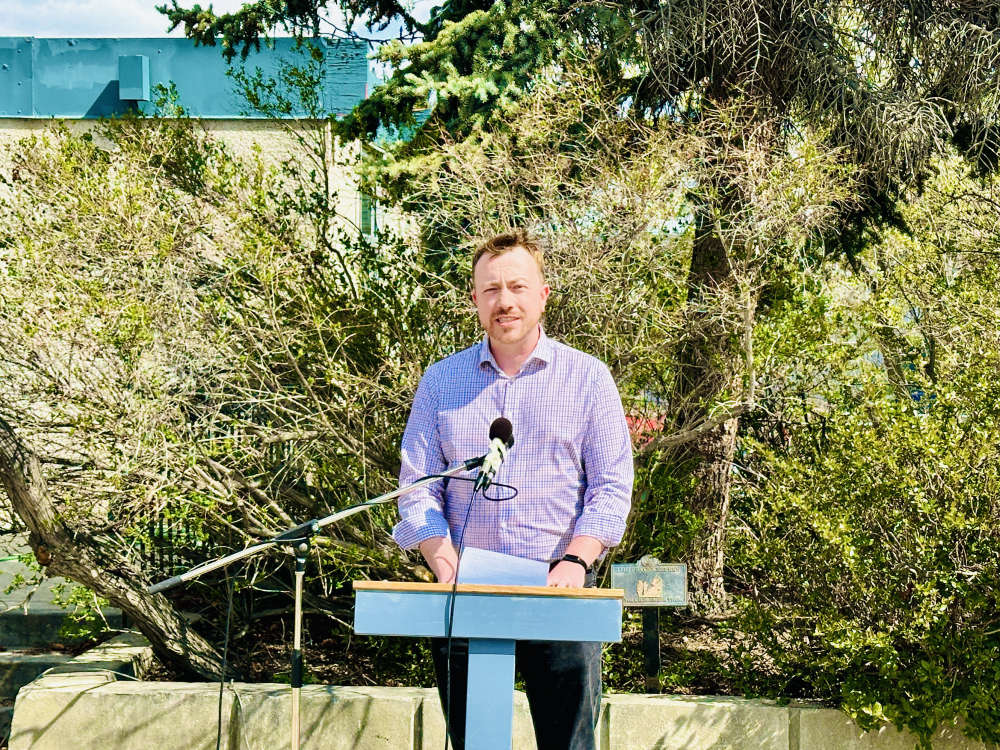 Former Whitehorse City Councillor Ted Laking announces bid for Yukon Party nomination in Porter Creek Centre
Former Whitehorse City Councillor Ted Laking announces bid for Yukon Party nomination in Porter Creek Centre
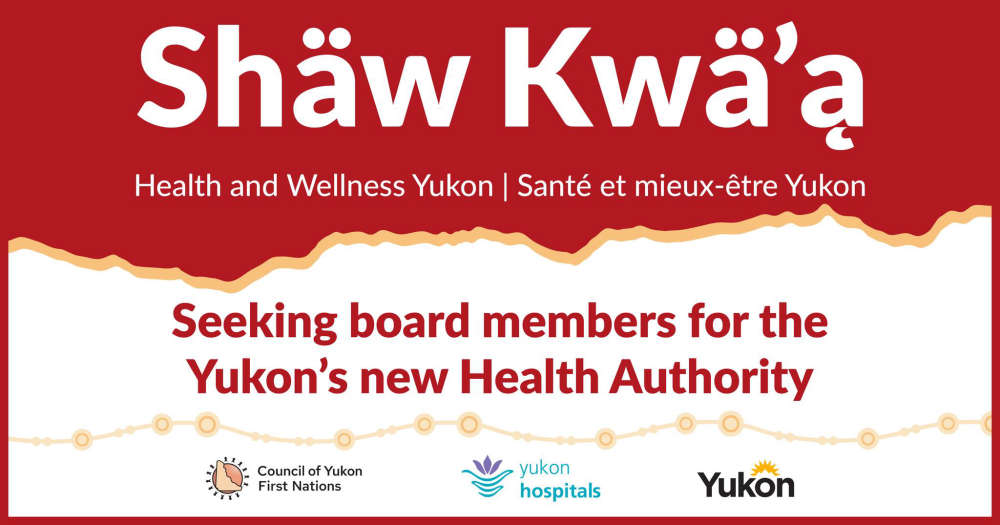 Yukon Government seeks applicants for new Health Authority Board
Yukon Government seeks applicants for new Health Authority Board
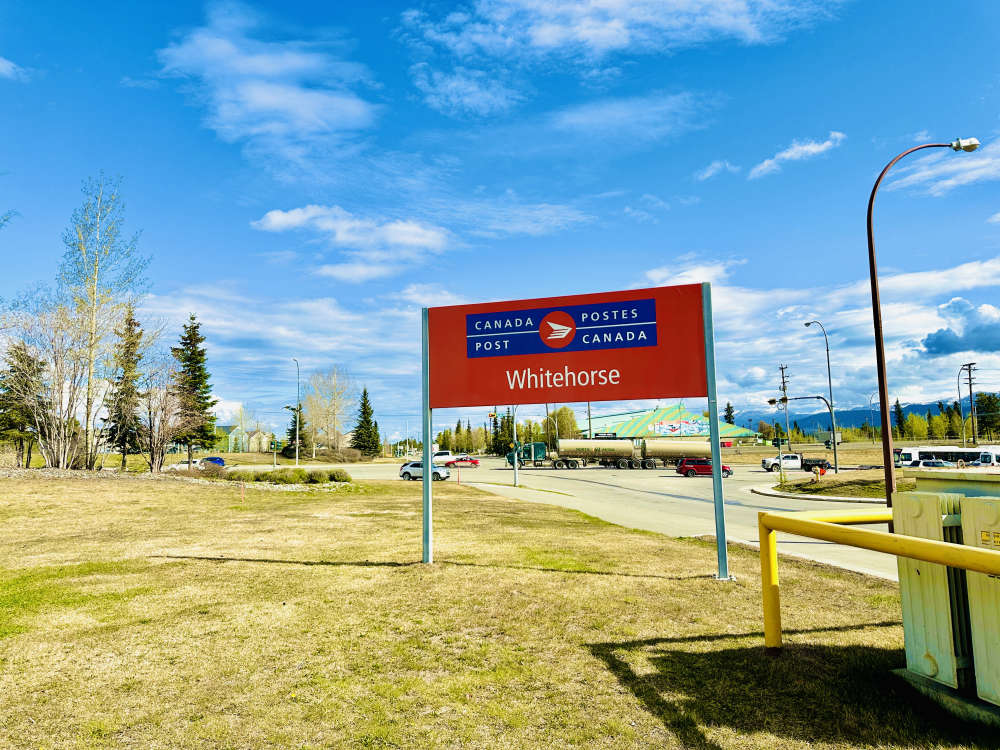 Canada Post strike looms, Yukoners brace for disruption
Canada Post strike looms, Yukoners brace for disruption
 Driver charged in fatal collision that killed Yukon Government Deputy Minister and injured Minister
Driver charged in fatal collision that killed Yukon Government Deputy Minister and injured Minister
 Yukoners encouraged to apply for Northwestel's Northern Futures Scholarship Program
Yukoners encouraged to apply for Northwestel's Northern Futures Scholarship Program
 City of Whitehorse summer transportation maintenance work underway
City of Whitehorse summer transportation maintenance work underway
 Yukon Government seeks input on new downtown public school
Yukon Government seeks input on new downtown public school
 Indigenous leadership takes centre stage: Rebecca Chartrand and Mandy Gull-Masty appointed to key cabinet roles
Indigenous leadership takes centre stage: Rebecca Chartrand and Mandy Gull-Masty appointed to key cabinet roles
 Whitehorse prepares for Annual 20-Minute makeover
Whitehorse prepares for Annual 20-Minute makeover
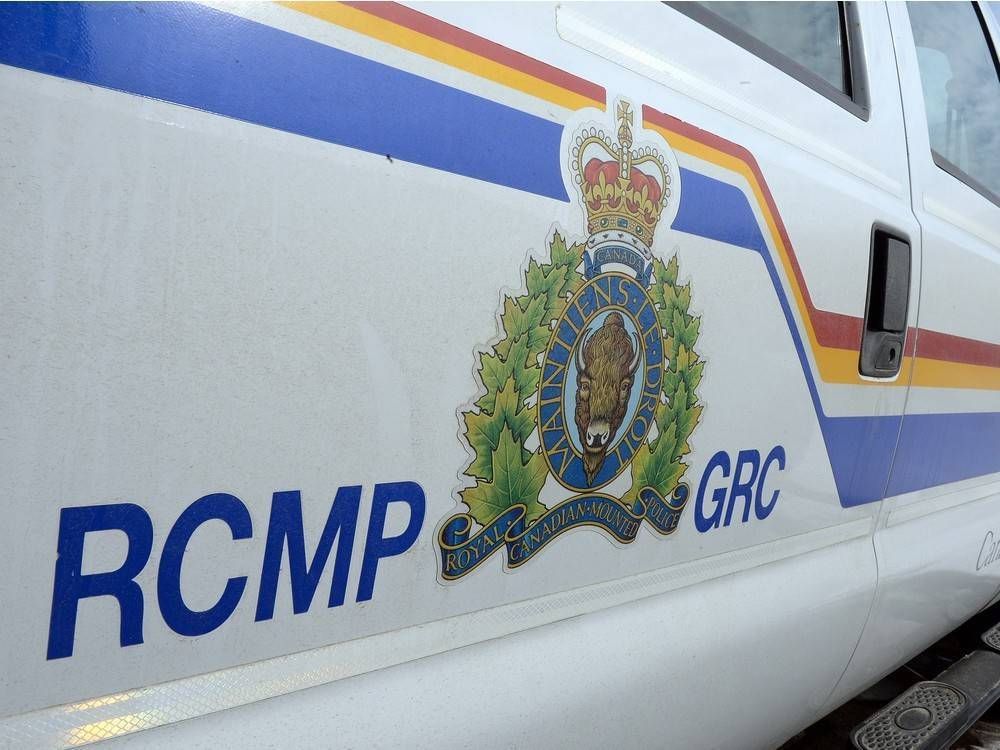 RCMP conducting training exercises on Schwatka Lake
RCMP conducting training exercises on Schwatka Lake
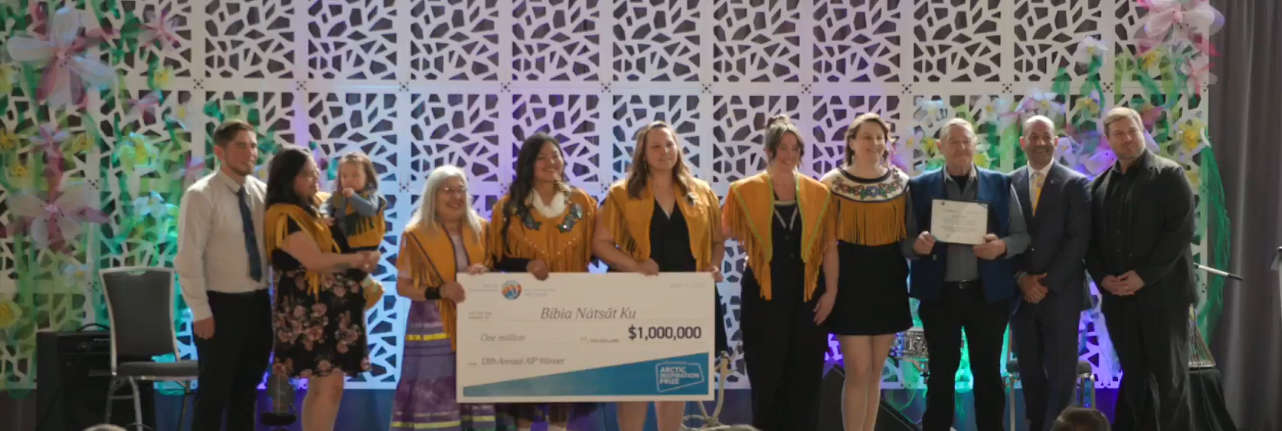 CYFN makes history as winner of prestigious Arctic Inspiration Prize
CYFN makes history as winner of prestigious Arctic Inspiration Prize